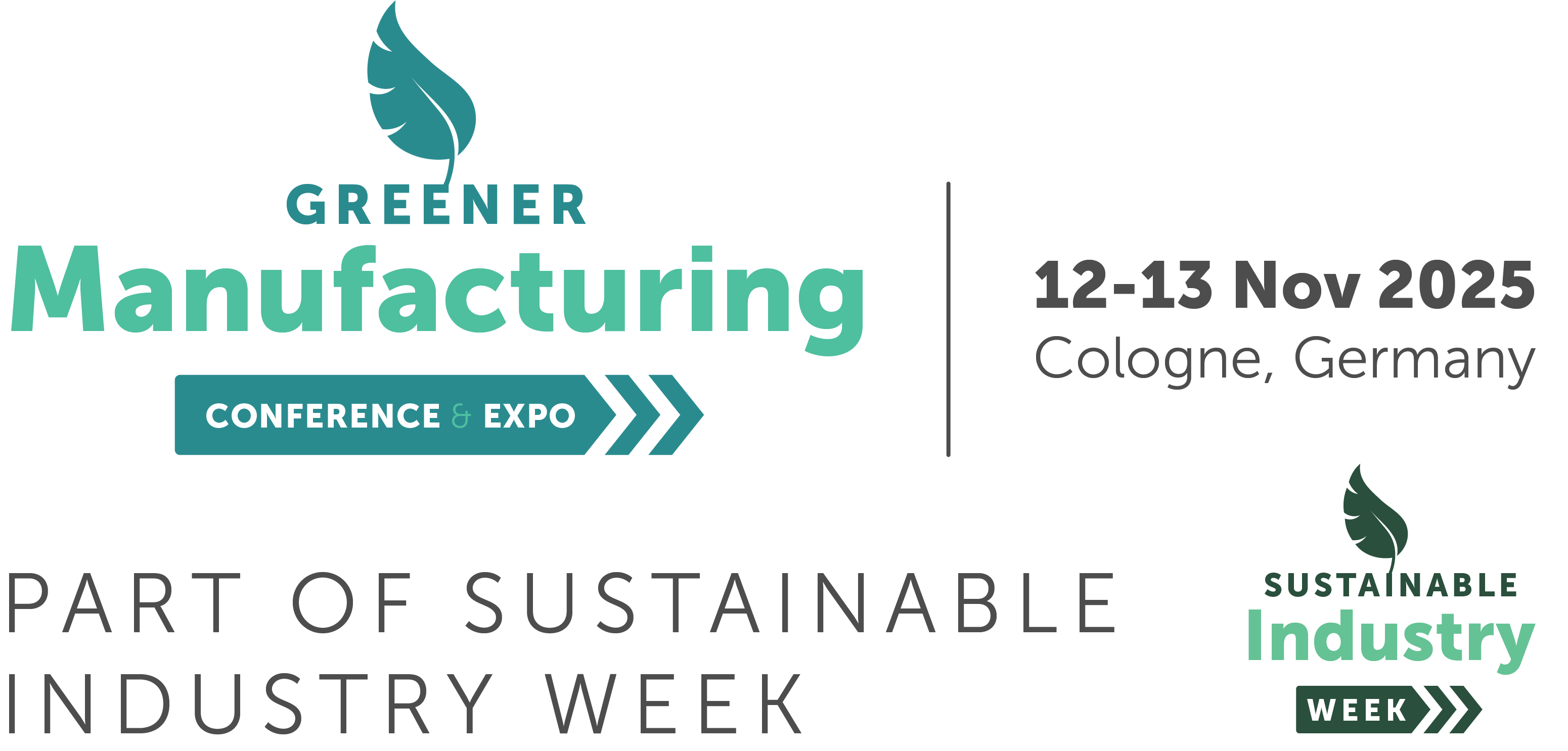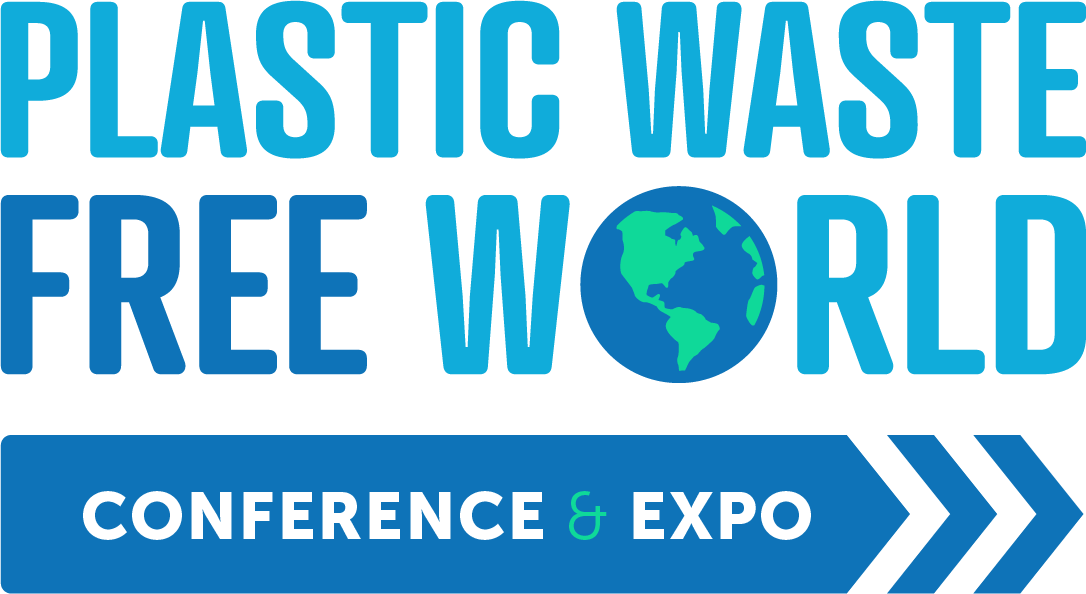Building a Greener Supply Chain: Home Depot’s Latest Sustainability Report
)
As one of the largest home improvement retailers in the world, Home Depot’s influence extends far beyond its nearly 2,300 stores across North America. The company’s operations generate over $150 billion in annual revenue, making it a major customer in the global supply chain. With this level of impact, Home Depot’s commitment to Environmental, Social, and Governance (ESG) principles carries significant weight for the thousands of suppliers around the globe that contribute to its product offerings.
Home Depot’s recent release of their latest ESG Report (fiscal year 2023) marks a pivotal moment in the company’s journey towards a more sustainable future. This report sets out ambitious targets that aim to reduce carbon emissions, enhance material sustainability, and drive overall improvements in the environmental impact of the company’s products. For global suppliers, these targets represent both a challenge and an opportunity to align with Home Depot’s vision for a greener future.
Home Depot’s Sustainability Goals: A New Standard for Suppliers
Home Depot has articulated clear sustainability goals that are expected to drive significant changes across its global supply chain. Key among these are targets for reducing the carbon emissions associated with the products Home Depot sells and improving the sustainability of the materials used in those products.
Home Depot has committed to a 50% reduction in carbon emissions from its global supply chain by 2030. This ambitious goal will require suppliers to adopt more sustainable practices, such as utilizing renewable energy sources, improving energy efficiency in production processes, and reducing waste. Suppliers will need to innovate rapidly to meet these standards, and those that do so effectively may find themselves favored partners in the years to come.
Material Sustainability: Circularity Focused
One key focus area is the improvement of material sustainability. The company has set stringent requirements for suppliers to source more sustainable materials, with an emphasis on those that are recycled, renewable, or certified by recognized environmental standards.
For example, Home depot has a goal to transition 85% of U.S. and Canadian sales in push lawn mowers and handheld outdoor equipment, such as leaf blowers and trimmers, to rechargeable battery technology by the end of fiscal year 2028. This shift towards battery-powered equipment is part of Home Depot’s broader commitment to reducing carbon emissions associated with the usage of products it sells.
Also, Home Depot eliminated EPS foam and PVC film from its private line of product packaging, impacting over 1,300 SKUs. Suppliers in all product categories will need to adapt quickly to these changes. Those who can provide innovative, sustainable material solutions will be better positioned to secure long-term contracts with Home Depot, while others may struggle to meet these new expectations.
Carbon Emission Reduction: Global Supply Chain Expectations
Reducing carbon emissions is not just a goal for Home Depot’s internal operations, it is a mandate that extends throughout its entire supply chain. These include programs that encourage suppliers to track and report emissions data, as well as incentives for those who adopt low-carbon technologies.
Home Depot is also exploring partnerships with suppliers who can deliver products with a lower carbon footprint, from energy-efficient appliances to eco-friendly building materials. This focus on carbon reduction will likely drive significant changes in the supplier landscape, as companies that can meet these stringent requirements will have a competitive edge.
Long-Term Relationships: Aligning with Home Depot’s ESG Vision
The report makes it clear that Home Depot values long-term relationships with suppliers who share its commitment to sustainability. Moving forward, environmental impact assessments and sustainability certifications may become key criteria in evaluating supplier performance. This shift represents a major opportunity for suppliers to differentiate themselves by demonstrating a strong commitment to sustainable practices. Those who invest in sustainability now will be well-positioned to benefit from ongoing business with Home Depot, while those who lag behind may find themselves facing tougher competition.
Conclusion: A Call to Action for Global Suppliers
Home is setting the stage for a more sustainable future the entire global supply chain.
For suppliers, this is a wake-up call to accelerate their sustainability efforts for all their customers. Based on our experiences, here are steps that suppliers can take now:
- Evaluate Carbon Footprint: Begin by assessing the carbon emissions associated with your production processes. Identifying high-emission areas will help you prioritize where changes are needed most.
- Adopt Sustainable Materials: Start exploring alternative materials that meet sustainability criteria from global leaders. This could involve sourcing recycled, renewable, or new materials, along with reducing waste in your manufacturing processes.
- Invest in Renewable Energy: Consider transitioning to renewable energy sources in your operations. Not only will this reduce your carbon footprint, but it will also align your business with customer-driven low-carbon goals.
- Enhance Transparency and Reporting: Suppliers should be ready to provide detailed reports on their sustainability efforts. Implementing robust tracking systems will ensure you can meet voluntary and mandatory reporting requirements.
- Collaborate and Innovate: Engage with industry and regional sustainability initiatives and seek out partnerships or pilot programs that can help you stay ahead of the curve.
By taking these steps, suppliers can position themselves as leaders in a rapidly evolving market. As major companies drive forward with their sustainability goals, proactive suppliers will find themselves better equipped to secure long-term relationships and grow alongside one of the world’s most influential brands.
Read the full Home Depot ESG report: https://corporate.homedepot.com/sites/default/files/2024-09/2024_Home_Depot_ESG_Report_8.15.24.2_vF.2.pdf
About the author: Fosterra is an independent sustainability consultancy that works with global supply chains to find opportunities to collaboratively reduce their carbon footprint and achieve SBTi goals. Our work provides deep insight into the risks, trends, and opportunities for improving environmental performance that we are pleased to share. https://www.fosterra.com/SustainableSupplyChain





